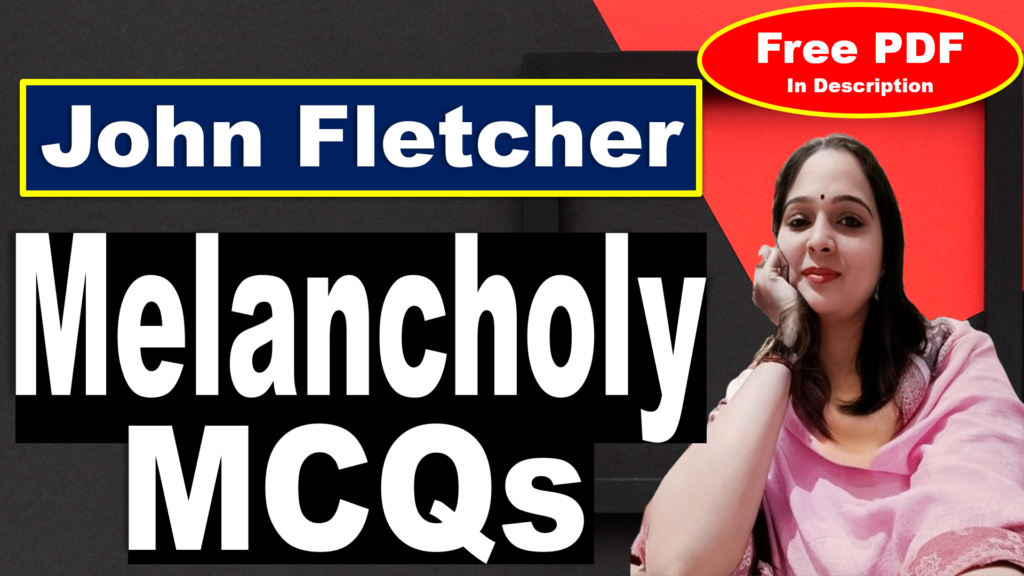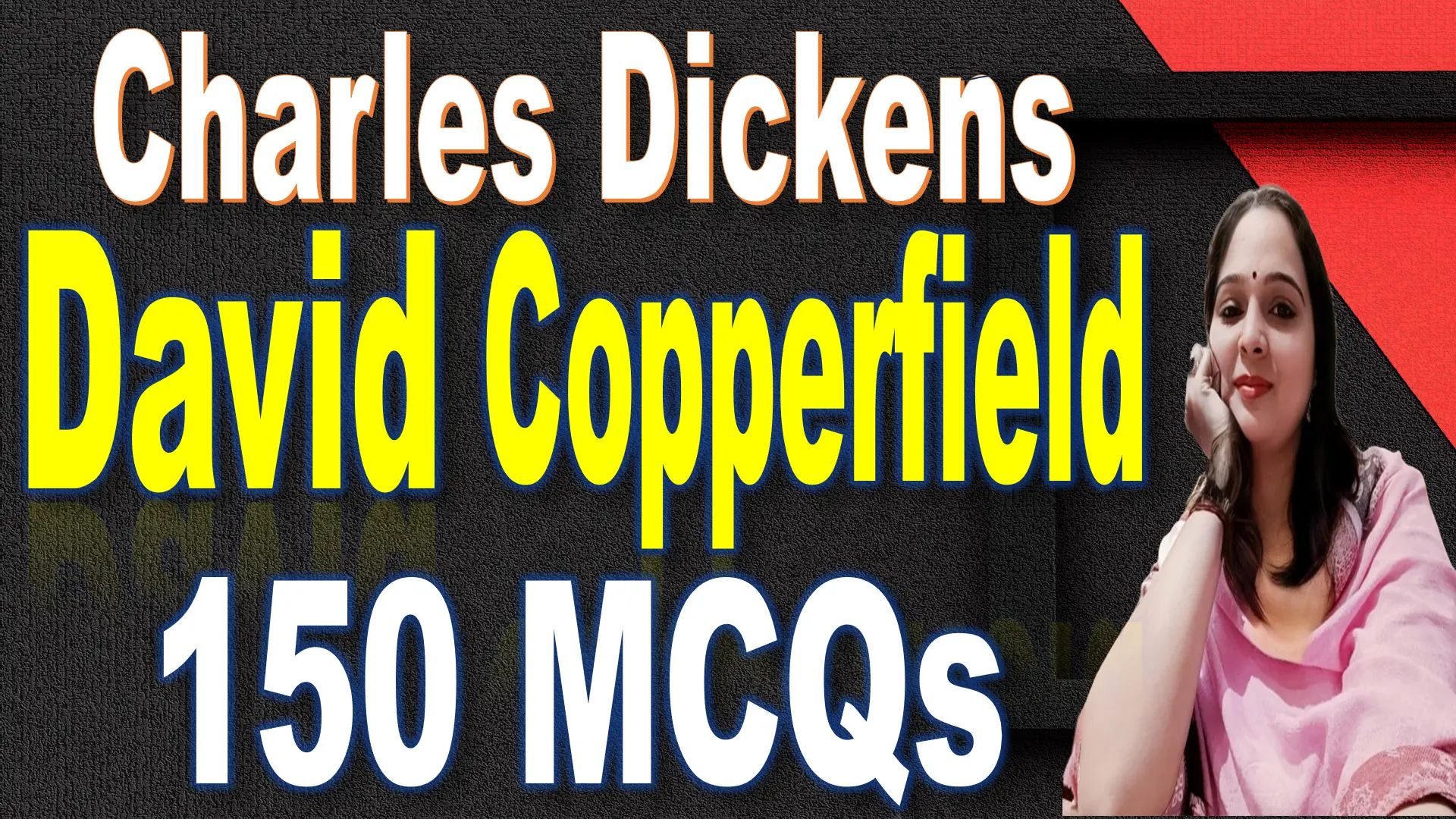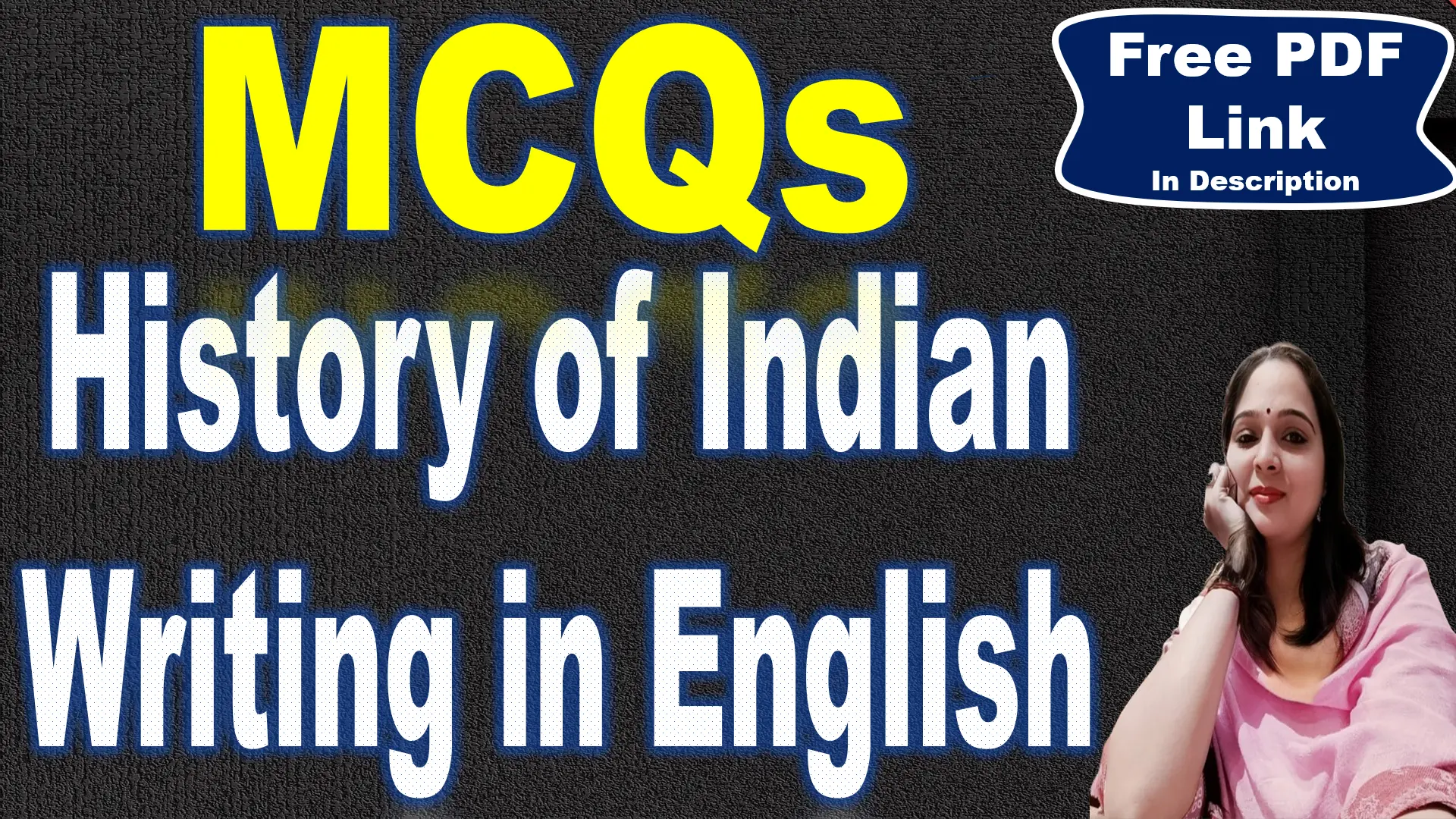
Melancholy MCQs | Melancholy by John Fletcher MCQs | Hence all your vain delight | Free PDF Download – Easy Literary Lessons
1. Who is the author of the poem “Melancholy”?
a) William Shakespeare
b) John Keats
c) John Fletcher
d) Robert Frost
Answer: c) John Fletcher
Explanation: The poem “Melancholy” was written by John Fletcher.
2. What is the main theme of the poem?
a) Love
b) Nature
c) Melancholy
d) War
Answer: c) Melancholy.
Explanation: The poem explores the concept of melancholy in depth, describing it as a state of mind that, while somber, also has its own unique beauty and allure. The poet finds a certain sweetness and comfort in melancholic experiences.
3. How many stanzas are there in the poem?
a) One
b) Two
c) Three
d) Four
Answer: b) Two
Explanation: The poem consists of two stanzas.
4. What does the speaker find sweet in life?
a) Love
b) Nature
c) Melancholy
d) Joy
Answer: c) Melancholy
Explanation: The speaker finds melancholy to be the only sweetness in life.
5. What does the speaker criticize in the poem?
a) Love
b) Nature
c) Frivolous pursuits
d) War
Answer: c) Frivolous pursuits.
Explanation: The poem begins with a dismissal of “vain delights” and “folly”, suggesting a criticism of frivolous or superficial pursuits.
6. What does the speaker suggest about wisdom?
a) It leads to happiness
b) It leads to wealth
c) It leads to understanding the true nature of life
d) It leads to power
Answer: c) understanding the true nature of life.
Explanation: The poem implies that with wisdom, one can see beyond the superficial and understand that there’s nothing in life as sweet as melancholy.
7. What does the speaker welcome in the poem?
a) Love
b) Joy
c) Physical manifestations of melancholy
d) Wealth
Answer: c) Physical manifestations of melancholy.
Explanation: The poem mentions “Welcome, folded arms and fixed eyes, A sight that piercing mortifies, A look that’s fasten’d to the ground, A tongue chain’d up without a sound!” These are physical manifestations of melancholy.
8. What sounds does the speaker feed upon?
a) The sound of nature
b) The sound of music
c) The sound of a midnight bell and a parting groan
d) The sound of laughter
Answer: c) The sound of a midnight bell and a parting groan.
Explanation: The poem specifically mentions “A midnight bell, a parting groan— These are the sounds we feed upon”.
9. What does the speaker do in a still gloomy valley?
a) They dance
b) They sing
c) They stretch their bones
d) They sleep
Answer: c) They stretch their bones in a still gloomy valley.
Explanation: The poem specifically mentions “Then stretch our bones in a still gloomy valley”.
10. What does the speaker compare vain delights to?
a) The brightness of the day
b) The shortness of nights
c) The beauty of nature
d) The joy of love
Answer: b) The shortness of nights.
Explanation: The poem begins with “Hence, all you vain delights, As short as are the nights”.
11. What does the speaker associate with pale passion?
a) Fountain-heads and pathless groves
b) Cities and crowded places
c) Joy and laughter
d) Wealth and power
Answer: a) Fountain-heads and pathless groves.
Explanation: The poem specifically mentions “Fountain-heads and pathless groves, Places which pale passion loves”.
12. What creatures are awake during the speaker’s moonlight walks?
a) Birds and bees
b) Bats and owls
c) Cats and dogs
d) Lions and tigers
Answer: b) Bats and owls.
Explanation: The poem specifically mentions “Moonlight walks, when all the fowls Are warmly housed, save bats and owls”.
13. What does the speaker suggest about the nature of happiness?
a) It is everlasting
b) It is transient
c) It is easily attainable
d) It is unattainable
Answer: b) It is transient.
Explanation: The poem begins with “Hence, all you vain delights, As short as are the nights”, implying that the delights or happiness are fleeting and short-lived, much like the nights.
14. What does the speaker find in melancholy?
a) Pain
b) Joy
c) A unique kind of sweetness
d) Fear
Answer: c) A unique kind of sweetness.
Explanation: The poem repeatedly emphasizes the allure and sweetness of melancholy.
15. What poetic device is used in the line “A look that ‘s fasten’d to the ground”?
a) Metaphor
b) Simile
c) Alliteration
d) Hyperbole
Answer: a) Metaphor.
Explanation: This line uses a metaphor to compare the speaker’s look to something that is fastened to the ground, suggesting a state of deep contemplation or melancholy.
16. What poetic device is used in the line “A tongue chain’d up without a sound!”?
a) Metaphor
b) Simile
c) Alliteration
d) Hyperbole
Answer: a) Metaphor.
Explanation: This line uses a metaphor to compare the speaker’s tongue to something that is chained up, suggesting a state of silence or inability to speak.
17. What poetic device is used in the line “Then stretch our bones in a still gloomy valley”?
a) Metaphor
b) Simile
c) Personification
d) Hyperbole
Answer: a) Metaphor
Explanation: The speaker uses a metaphor to suggest rest or death, describing it as stretching our bones in a still gloomy valley.
18. What poetic device is used in the line “Nothing ‘s so dainty sweet as lovely melancholy.”?
a) Metaphor
b) Personification
c) Alliteration
d) Oxymoron
Answer: d) Oxymoron
Explanation: The speaker uses an oxymoron by describing melancholy as “lovely melancholy”, combining two contrasting ideas.
19. What poetic device is used in the line “O sweetest melancholy!”?
a) Metaphor
b) Simile
c) Alliteration
d) Oxymoron
Answer: d) Oxymoron
Explanation: The speaker uses an oxymoron by describing melancholy as “sweetest”, combining two contrasting ideas.
20. What poetic device is used in the line “Places which pale passion loves!”?
a) Metaphor
b) Simile
c) Personification
d) Hyperbole
Answer: c) Personification.
Explanation: Personification is a figure of speech in which an idea, object, or animal is given human attributes. In this case, ‘pale passion’ is personified as something capable of loving
21. In the line “Welcome, folded arms and fixed eyes,” which poetic device is used?
a) Simile
b) Metaphor
c) Oxymoron
d) None
Answer: (b) Metaphor.
Explanation: The line uses metaphor to personify folded arms and fixed eyes as if they are being welcomed like guests.
22. The poem “Melancholy” by John Fletcher is part of which Play?
a) The Faithful Shepherdess
b) The Wild Goose Chase
c) The Nice Valour
d) The Woman’s Prize
Answer: c) The Nice Valour
Explanation: The poem “Melancholy” is a monologue spoken by the character Philaster in the play “The Nice Valour” by John Fletcher. It is a lamentation of the character’s lost love and his realization that all the pleasures and joys of life are fleeting and transitory.
23. What is the mood of the poem “Melancholy”?
a) Joyful
b) Angry
c) Somber
d) Excited
Answer: c) Somber
Explanation: The mood of the poem is somber and reflective, mirroring the speaker’s state of mind.






